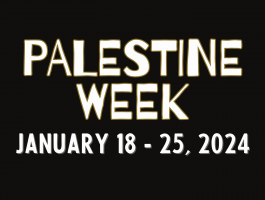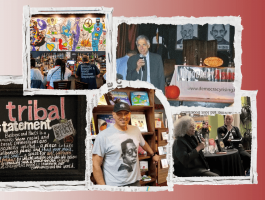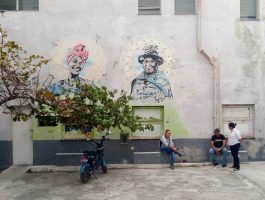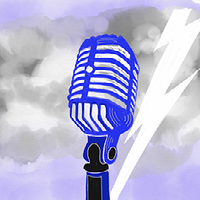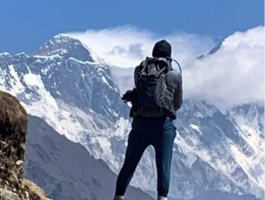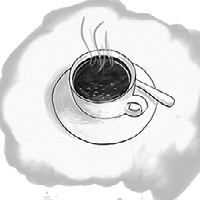
You went to University of Michigan to study ethnomusicology. How does your academic background influence your creative career?
They didn’t offer ethnomusicology to undergrads when I was a student at the University of Michigan but they had a special program for creative types where I was able to create my own major.
I like the idea that there’s nothing new under the sun and the music we hear now is the way it’s always been. My senior thesis was on Africanism in hip-hop music, so I wrote about how much of today’s music has elements that come straight from Africa, like call and response and the rhythms. Music is the way African people tell stories. Hip Hop continues that tradition.
How would you describe your genre of music?
The Motown sound is a heavy influence. I was born and raised in Detroit so there’s that blue-collar nature, the struggle, the hopefulness and melancholy overtones. Detroit has so much potential, we’re just so used to being underdogs.
Over time my music has changed in the sense that it was more singer/songwriter like Tracy Chapman, now it sounds more Motown – more electric guitar. Lyrically it has tinges of hip-hop in it even though I’m singing.
I have a fair share of heartbreak songs. Lots of explicit content. I have a song called “Too Much Like Right”. That’s a saying that African Americans use to say ‘you can’t catch a break’. Like ‘I got a bonus today but the light bill is extra high’ so basically a song about the good coming with the bad. I had an encounter with another musician – when we met it was like a supernova. I thought, ‘oh, she’s an intelligent musician, she’s funny, she said she liked me, it’s cool, it’s going down.’ The song is about the finicky nature of human beings; in the past I would say it was just females but now I think its just humans.
There was this perfect set of circumstances that happened – we hit it off, weeks of cultivating this otherworldly thing and then it just fizzled. My question was why? Why did that happen. A lot of what I write is asking the question ‘why’.
Lyrics go something like, ‘Cant find no reason cant find no rhyme can’t be at the right place at the right time.’
One of my favorite musicians is Bill Withers – everyone understands the feeling of ‘Ain’t No Sunshine’ (when she’s gone). I know how to do complex chord changes, but the complexity in writing a simple piece is what I was striving for in that piece – in asking why that whole week… I just sat down and that song came out.
Which artists most influence your music?
Bill withers, Stevie Wonder, James Taylor, Tracy Chapman. Stevie wonder is the man, he’s the one when I think about intellectual songwriting. But Bill Withers is like “let me take simple words and chords and ill bring you home with it.”
When did you decide to transition and go by male pronouns? How has the transition affected your creative life?
It wasn’t really a decision. It was more of finding the language and being surrounded by people who validate and support me. Once I was able to name who I was, I was able to express it. So it really has not changed my creative process. I’ve always expressed who I am. If I do a cover by a male artist I don’t change pronouns. When I write a song, it reflects my outlook and perspective as a masculine person and lover of women.

What’s your favorite meal at Busboys when your hosting LIVE! Talent Showcase at Busboys in Hyattsville?
Cauliflower sandwich with the Caesar sandwich, I’ll get it with fruit if I want to be good.
Teach us something new in 1 min
If you say the words “Rise Up Lights” it sounds like you’re saying ‘razor blades’ with an Australian accent.
